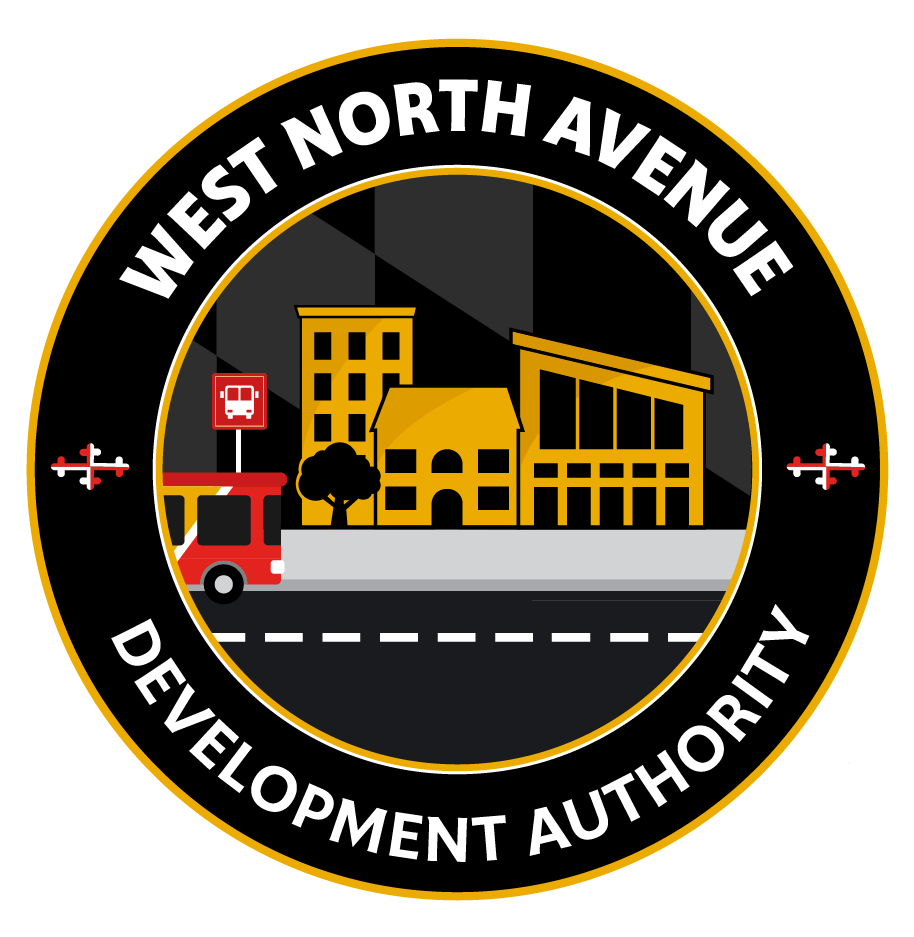Reinvest Baltimore Spotlight: ReBUILD Metro
As part of the Reinvest Baltimore initiative, the Maryland Department of Housing and Community Development has begun a series highlighting DHCD’s work with its partners to transform the city. For more information, please visit our Reinvest Baltimore website.
ReBUILD Metro’s goal for almost 20 years has been to work with community leaders to eliminate abandoned houses and rebuild their neighborhoods in ways that uplift longtime residents without displacing them.
“This work requires rebuilding all the worst abandoned rowhouses in a neighborhood into the best new homes, and to do so strategically across networks of entire blocks,” said Sean Closkey, President of ReBUILD Metro. “Our redevelopment strategy is challenging and capital intensive, but we believe it is the only just and equitable way to end Baltimore’s decades long vacancy crisis.”
This “whole blocks” approach is a key component to Reinvest Baltimore and programs that support it, such as the Baltimore Vacants Reinvestment Initiative. Governor Wes Moore signed an executive order in October 2024 to establish Reinvest Baltimore, a coordinated effort between the State of Maryland, Baltimore City, and nonprofit and for-profit partners to eliminate concentrations of vacant properties, revitalize neighborhoods and maximize the economic potential and quality of life for residents in Baltimore City.
That executive order called for the establishment of the Baltimore Vacants Reinvestment Council which taps key community, corporate, philanthropic and government leaders to leverage targeted investments to move at least 5,000 vacant properties into homeownership or other positive outcomes over the next five years.
“For ReBUILD Metro, Reinvest Baltimore is a complete game changer,” Closkey said. “Reinvest Baltimore is the first statewide program designed to empower community developers like ReBUILD to tackle the vacancy crisis at the scale and pace needed to not only reduce vacancy in neighborhoods across Baltimore, but to eliminate it. By relying on a holistic ‘whole blocks’ approach to abandoned housing redevelopment — and by dedicating unprecedented resources to its execution — Reinvest Baltimore will allow us to rebuild more houses and restore more blocks more quickly, improving the lives of new and legacy residents alike and generating new investments.”
ReBUILD Metro, a Baltimore-based nonprofit organization, has already transformed more than 500 abandoned buildings and lots in East Baltimore.
“ReBUILD is set up to work with communities to create developments that are community-led and that take the strength of the neighborhood and build off that strength so that we create a sustainable and healthy environment that will provide wealth and opportunity for the people who live in the community,” said Closkey.
This spring, ReBUILD Metro, Rebuild Johnston Square Neighborhood Organization and Johnston Square community members were joined by Maryland Department of Housing and Community Development Assistant Secretary Carol Gilbert and other City, State, and civic leaders to launch the Mura Street Homes redevelopment, the latest phase in ReBUILD’s community-driven revitalization of Johnston Square.

(Photo courtesy ReBUILD Metro)
This project will redesign and rebuild 18 blighted and abandoned rowhouses on the 700 block of Mura Street into 10 new homeownership opportunities, eliminating vacancy on this long-distressed block and restoring it into a healthy and growing “whole block” where both new and legacy residents can thrive. Data from ReBUILD shows that the median sales price for homes sold to homeowners in Johnston Square in 2025 is $280,000, an increase of $120,000 since 2021.
The Department provided ReBUILD with $5.8 million in pilot Homeownership Works (HOW) funding to support this work and to rehabilitate 33 homes of legacy homeowners. A Fiscal Year 2025 Baltimore Regional Neighborhood Initiative award, along with other financial support, will fund the demolition of two vacant properties for parking that’s needed for homeowners on the block.
ReBUILD Metro’s work will continue with state support, with the organization becoming one of the 16 recipients of $50 million in grant awards given by DHCD to support vacant property reduction efforts in Baltimore City through the Baltimore Vacants Reinvestment Initiative. The State awarded a total of $50 million to help redevelop neighborhoods with a high number of vacant properties. These communities have been prioritized due to their redevelopment potential.
Through a competitive application process, the Department made funding awards to redevelop vacant properties on targeted whole blocks: $15 million will go to Baltimore City and the Maryland Stadium Authority to demolish, stabilize, and acquire vacant properties for redevelopment; $30 million will go toward 16 community development organizations and their development partners; and $5 million that will go toward large, mixed-use projects from Fiscal Year 2025 to help carry them into their next phase. For the full list of awardees, visit the Department of Housing and Community Development’s website.
Closkey said the Department’s continued support is important to what the organization does.
“The Department has given voice and agency to the local folks, but at the same time combining that with the appropriate level of capital and the high technical work DHCD does with housing finance,” Closkey said. “They are our lead partner on that. We’re proud to be working with them.”
Closkey added that Reinvest Baltimore has been able to elevate their work in the city.
“We are grateful to Governor Moore and Secretary Day for their vision and belief that Baltimore’s neighborhoods can become healthy and vibrant again without any displacement—and for taking bold actions to make this vision a reality.”



